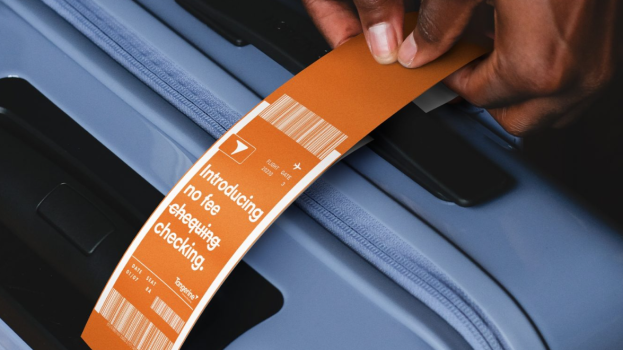Minister of Innovation, Science and Industry François-Philippe Champagne has approved the sale of Shaw’s Freedom Mobile to Videotron, clearing the final regulatory hurdle for Rogers to complete its $26 billion acquisition of Shaw.
However, the approval came with a list of conditions both Rogers and Videotron must adhere to over the next decade, which Champagne said would help ensure telco services remain affordable for Canadians.
In his statement, Champagne said the terms and conditions laid out would help create a fourth major, national telco for the first time, something governments have been striving for in order to drive down prices.
“Should the parties fail to live up to any of their commitments, our government will use every means in our power to enforce the terms on behalf of Canadians,” Champagne said. “If Canadians do not begin to see a clear and meaningful reduction in prices within a reasonable amount of time as a result of this decision, I will have no choice but to use further legislative and regulatory powers to drive down prices.”
As the new owner of Freedom Mobile, Videotron will be required to offer plans that are comparable to those it currently offers in Quebec, and offer options at least 20% cheaper than those made available by Rogers, Bell and Telus. It will also be required to increase data limits for existing Freedom Mobile customers by 10%.
The company has also been given two years to expand the 5G network in Freedom Mobile’s current operating territory; within the next three years, mobile service will also need to be expanded into Manitoba. Videtron will also not be allowed to transfer the Freedom Mobile licences for ten years.
Videotron will also be liable for damages in the amount of $25 million for every year it fails to meet these requirements, up to a maximum of $200 million, beginning in the third year after the deal’s closing.
Rogers will be required to create 3,000 new jobs in Western Canada, alongside a new Western Canadian headquarters in Calgary, and maintain them for a minimum of 10 years after the closing date. Over the next five years, the company will also invest $1 billion into expanding broadband internet and 5G mobile service into areas where it is not currently available, $2.5 billion to enhance its existing 5G network in Western Canada and $3 billion in network, services and technology investments.
Finally, within the next five years, Rogers will also be required to expand access to existing programs that provide internet access to low-income Canadians, in addition to creating a similar program for wireless service.
Rogers will be liable for damages of $100 million for every year it fails to meet its commitments, up to a maximum of $1 billion.
In a joint statement, Rogers, Shaw and Quebecor welcomed the approval and signaled their intention to close the deal, moving the outside date for finalizing the merger to April 7.
The sale of Shaw’s Freedom Mobile – the fourth-largest mobile provider in Canada by number of subscribers – was a proposed remedy to anti-competitive concerns about Rogers coming together with Shaw to create what would be Canada’s biggest telco. The deal has faced numerous regulatory hurdles and challenges in the roughly two years since it was first announced, amid concerns from regulators, lawmakers and the general public that giving Rogers greater control over the telco industry would result in already high prices for consumers going up even further.
For its part, Videotron’s interest in acquiring Freedom stemmed from its goal of expanding outside of its home province of Quebec and becoming a national player in the wireless market.
As part of his decision, Champagne also announced a moratorium on large scale spectrum transfers and a review of Canada’s spectrum transfer framework to be conducted by his department.
























